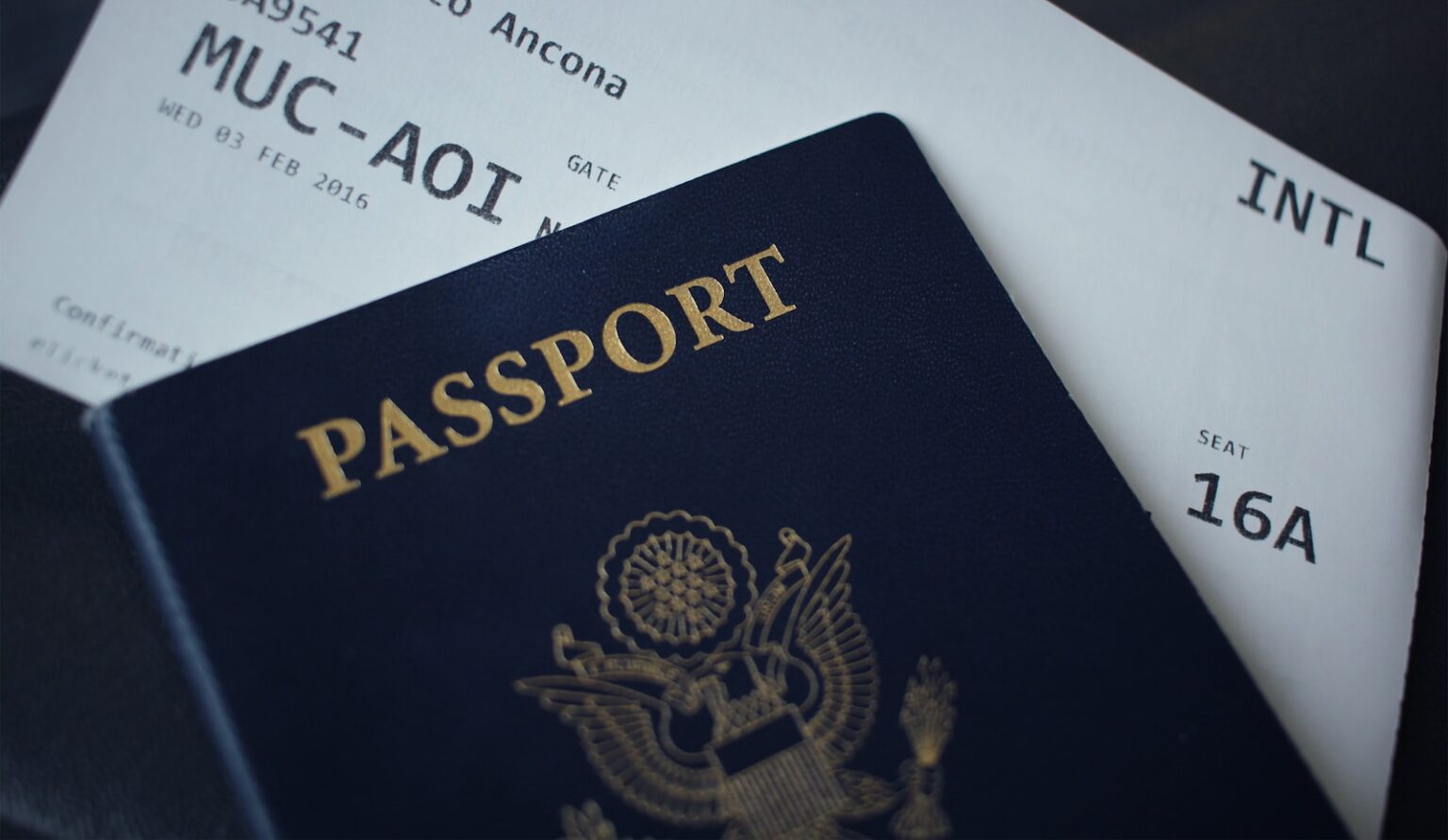Singapore has reclaimed its crown as the world’s most powerful passport, granting visa-free access to 195 out of 227 destinations globally. This significant achievement places it ahead of Japan, which now holds second place with visa-free access to 193 destinations. These rankings are based on the 2025 Henley Passport Index, a comprehensive annual assessment of global mobility. The index evaluates 199 passports according to the number of destinations their holders can enter without requiring a prior visa. Data from the International Air Transport Association (IATA) forms the foundation of these rankings, ensuring accuracy and reliability.
Europe’s Changing Mobility Landscape
European Union member states have seen notable shifts in this year’s rankings. France, Germany, Italy, and Spain have all dropped two places, now sharing third position with South Korea and Finland. Each of these countries offers visa-free access to 192 destinations. Seven European countries including Austria, Denmark, Ireland, Luxembourg, and Sweden occupy the fourth spot, each allowing visa-free travel to 191 destinations. Close behind, Belgium, New Zealand, Portugal, Switzerland, and the United Kingdom share fifth place with 190 destinations.
At the opposite end of the spectrum, Afghanistan remains at the bottom of the index, offering its citizens visa-free access to only 26 destinations. The disparity between Singapore and Afghanistan underscores the growing global mobility gap. Singaporeans can travel to 169 more destinations without a visa than Afghans, marking the largest difference in the index’s 19-year history.
Dr Christian H. Kaelin, Chairman of Henley & Partners, expressed the need for reform, stating, “Citizenship, often dictated by the chance of birth, needs a fresh perspective. The increasing impact of climate change, political instability, and economic inequality calls for a fairer approach to global mobility.”
Global Trends and Regional Highlights
The top 10 passports in the index continue to be dominated by European nations, with a few notable exceptions. Australia ranks sixth with access to 189 destinations, while Canada follows in seventh place with 188. The United States, once a leading passport, now shares ninth place with 186 destinations, while the UAE completes the top 10 with 185.
The UAE has been one of the biggest climbers over the past decade, gaining visa-free access to 72 additional destinations since 2015. Meanwhile, the US and UK have experienced significant declines. The US dropped from second place in 2015 to ninth in 2025, while the UK fell from first to fifth.
China’s Ascent and Growing Openness
China has made substantial progress, rising from 94th in 2015 to 60th in 2025. Its visa-free score increased by 40 destinations, reflecting its growing global influence. Furthermore, China has become more open, granting visa-free access to 58 countries, compared to the US, which allows only 46.
The Rise of Dual Citizenship
US citizens now lead applications for second citizenships, accounting for 21% of all investment migration applications in 2024. Prof. Peter J. Spiro remarked, “Amid political uncertainty, second citizenship serves as a safety net, offering security and flexibility in an unpredictable world.”
The 2025 Henley Passport Index highlights the ever-evolving dynamics of global mobility and its implications for individuals and nations alike.
